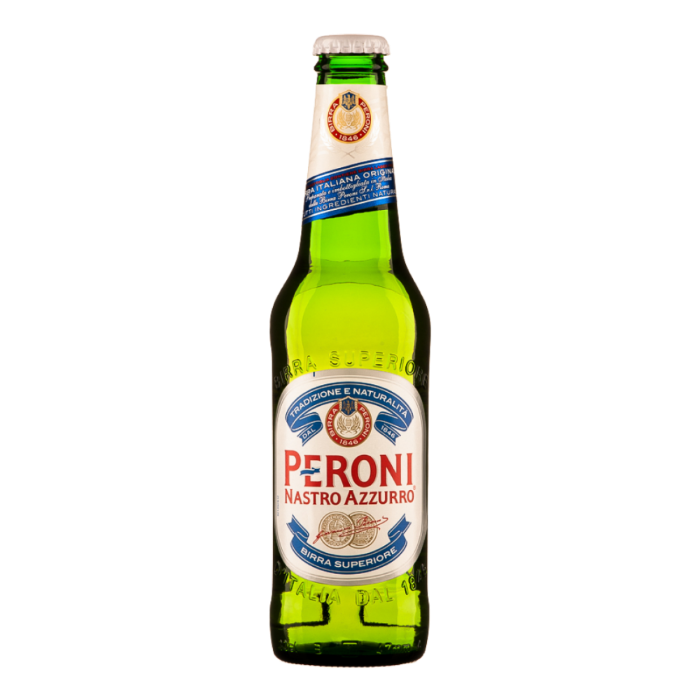Lager
Lager (German: storeroom or warehouse) (Czech: ležák) is a type of beer that originates from the part of the Austrian Empire that is now known as the Czech Republic. It is conditioned at low temperatures, normally at the brewery. It may be pale, golden, amber, or dark. Although one of the most defining features of lager is its maturation in cold storage, it is also distinguished by the use of a specific yeast. While it is possible to use lager yeast in a warm fermentation process, such as with American steam beer, the lack of a cold storage maturation phase precludes such beer from being classified as lager. On the other hand, German Altbier and Kölsch, brewed with a top-fermenting yeast at a warm temperature, but with a cold storage finishing stage, are classified as obergäriges Lagerbier (top-fermented lager beer). Until the 19th century, the German word Lagerbier (de) referred to all types of "bottom-fermented", cool-conditioned beer, in normal strengths. In Germany today however, the term is mainly reserved for the prevalent lager beer styles of southern Germany, "Helles" (pale), or a "Dunkel" (dark). Pilsner, a more heavily hopped pale lager, is most often known as "Pilsner", "Pilsener", or "Pils." Other lagers are Bock, Märzen, and Schwarzbier. In the United Kingdom, the term lager commonly refers specifically to pale lagers, many of which are derived from the Pilsner style. Worldwide, pale lager is the most widely consumed and commercially available style of beer. It is often known primarily by its brand name, and labeled simply as "beer". Well-known brands include: Pilsner Urquell, Miller, Stella Artois, Beck's, Brahma, Budweiser Budvar, Corona, Snow, Tsingtao, Kirin Company, Heineken, Carling, Foster's, and Carlsberg.
